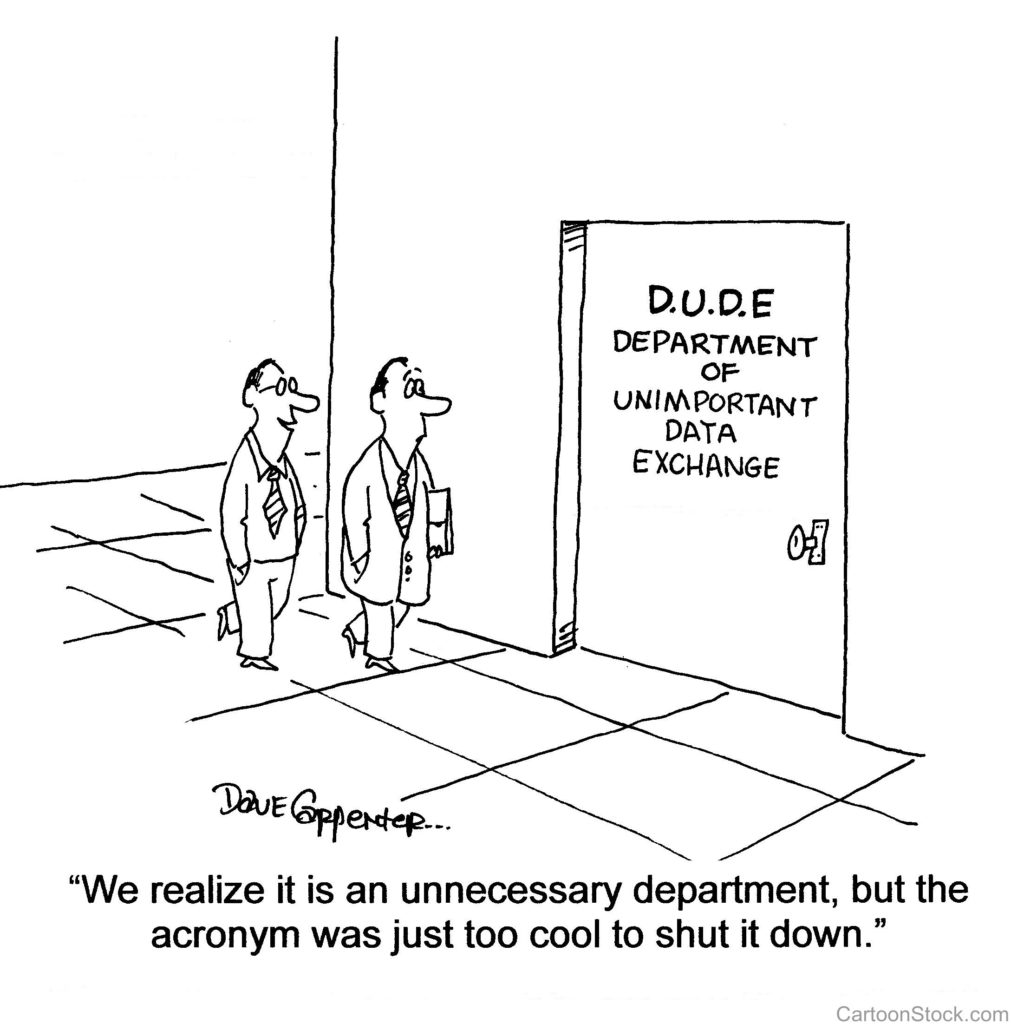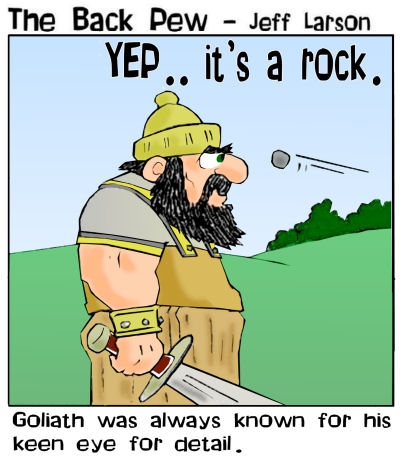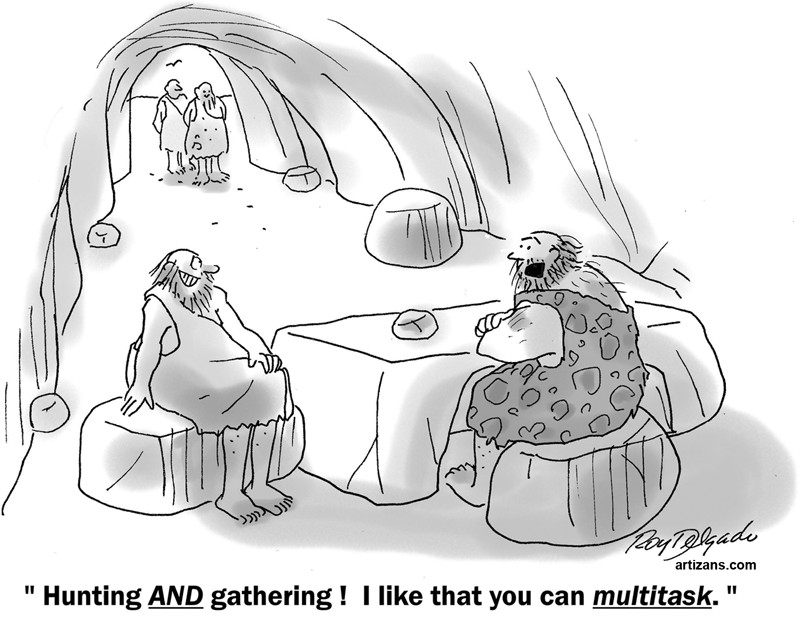 That’s all I can stands, and I can’t stands no more. —Popeye
That’s all I can stands, and I can’t stands no more. —Popeye
Do you remember the cartoon character, Popeye the Sailor Man? He was long-suffering and took a lot of abuse from bullies. But there would come a time when he had endured all he could. His patience exhausted, he would say, “That’s all I can stands, and I can’t stands no more.” Then he’d crack open a can of spinach, consume it in one gulp, his muscles would grow, and then he’d beat up the bad guys.
Sometimes, we need to have a “Popeye moment.”
Here are some areas to think about.
Distance yourself from unhealthy relationships.
Karl Albrecht suggests, “You can ‘fire’ anyone from your life whom you find toxic and disaffirming to your personhood.” Granted, some relationships are easier to jettison than others (it’s easier to disengage from a colleague at work than from a family member), but to one degree or another, you can and should distance yourself from injurious relationships. You may need to “fire” a customer or a friend or a neighbor. Offer “pink slips” to people who don’t belong in your life.
If you’re overcommitted, cut back.
The Plimsoll line is a reference mark located on a ship’s hull that indicates the maximum depth to which the vessel may be safely immersed when loaded with cargo. If you put more cargo on the ship than recommended, bad things can happen.
In like manner, every human has a “personal Plimsoll line” that indicates how much “cargo” he or she can negotiate. We all have different capacities so you need to determine what your limit is and stay under it.
If you’re feeling overwhelmed you’re probably overcommitted. Analyze all your commitments by asking this question. “If I wasn’t currently doing this, would I start doing it now?” If the answer is no, perhaps you should hit the delete button.
Position yourself so that when you need to, you can push back on unacceptable situations.
You may want to flee an uncomfortable situation but you can’t because there are no good alternatives. You’ve painted yourself into a corner and have no options. It may take time to reposition, but ultimately you need to build in some margin and options so you can aggressively respond to distasteful situations. A friend advised me to always have six months of “go-to-hell money” in my savings account. “That way, if your job becomes unbearable,” he said, “you can tell your boss what you think and then walk away.”
Often, we slowly drift into intolerable situations, which makes them harder to see.
The “boiling frog anecdote” describes a frog slowly being boiled alive. The premise is that if a frog is placed in boiling water, it will jump out, but if it is placed in cold water that is slowly heated, it will not perceive the danger and will slowly be cooked to death. The story is often used as a metaphor for the inability or unwillingness of people to respond to threats that develop gradually. These situations are usually the hardest to recognize. The slow slip into jeopardy is so subtle that we are unaware of the descent.
Let me give a prosaic example of a slow drift into an intolerable situation. Over the course of about nine months I slowly developed a serious sinus infection. If I had been stricken by the flu I would have recognized it; if I had had a heart attack it would have been obvious. But the gradual descent into nasal catastrophe was so subtle that I didn’t respond aggressively; I just developed increasing tolerance for the yucky symptoms. I finally had a Popeye Moment, made an appointment with an ENT physician, and the problem was solved.
Audit your life and determine if you’re tolerating an uncomfortable or compromising situation. If you are, allow yourself a Popeye Moment—“That’s all I can stands, and I can’t stands no more”— then follow through and change the situation.
[reminder]What are your thoughts about this essay?[/reminder]
[callout]This article – from New York magazine, June 11-24, 2018 – will keep you awake at night. [/callout]

 According to American business historian Robert Sobel, the British government created a civil-service job in 1803 which called for a man to stand on the white cliffs of Dover with a spyglass and to ring a bell if he saw Napoleon coming. Napoleon died in 1821; the job continued until 1945.
According to American business historian Robert Sobel, the British government created a civil-service job in 1803 which called for a man to stand on the white cliffs of Dover with a spyglass and to ring a bell if he saw Napoleon coming. Napoleon died in 1821; the job continued until 1945. In the epic biblical story of David and Goliath, David was confident that he could kill the giant because, “Your servant has killed both the lion and the bear; this uncircumcised Philistine will be like one of them” (1 Samuel 17:36).
In the epic biblical story of David and Goliath, David was confident that he could kill the giant because, “Your servant has killed both the lion and the bear; this uncircumcised Philistine will be like one of them” (1 Samuel 17:36). What information consumes is attention. A wealth of information means a poverty of attention. Herbert A. Simon, cognitive scientist
What information consumes is attention. A wealth of information means a poverty of attention. Herbert A. Simon, cognitive scientist